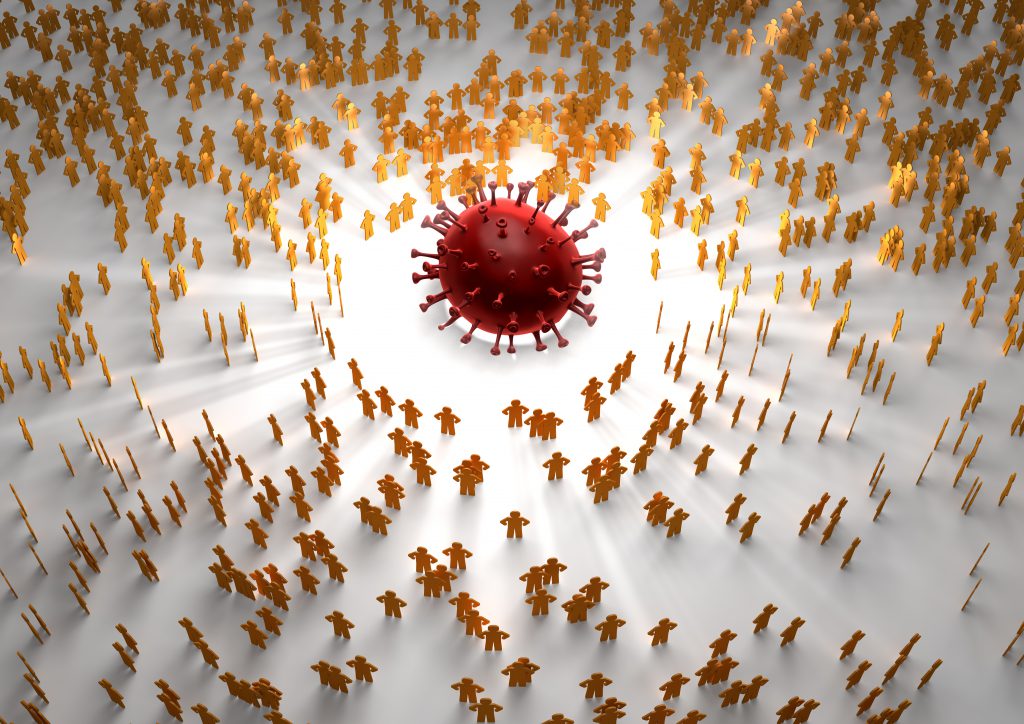Covid-19: What are the factors leading to herd immunity?

The attainment of the so-called herd immunity against Covid-19 will depend on the speed of the vaccination programme, the number of people who opt to take it, the efficacy of the vaccine itself as well as the supply which is expected to increase in due course, virologist Chris Barbara has explained.
Herd immunity is defined as the indirect protection from an infectious disease that happens when a population is immune either through vaccination or immunity developed through previous infection. According to the World Health Organisation the fraction of the population that must be vaccinated against Covid-19 to begin inducing herd immunity is not known. Moreover, WHO states that the figure will likely vary according to the community, the vaccine, the populations prioritized for vaccination, and other factors.
Interviewed by Voice of the Workers Weekly Dr Barbara remarked that the Pfizer/Biontech vaccine which is being rolled out in Malta is 95 per cent effective. This vaccine will be administered in two doses, within a 21-day period. However, other vaccines are on the way. While the Moderna vaccine is due to be licenced, there is also the Astra Zeneca vaccine which is expected to be rolled out in Europe in the coming weeks or months.
Though some brands might be more compatible than others, depending on the individual, it seems that in principle these three vaccines are having the same efficacy levels, Dr Barbara said.
Pfizer/Biontech and Moderna are based on an innovative approach known as mRNA whereby human cells are prompted to produce the ‘spike’ of the virus which trigger the production of antibodies that fight the virus.
In the case of the Astra Zeneca vaccine, it has transpired that the efficacy improved dramatically when half of the first doze is administered. Moreover, this vaccine poses less logistical challenges than the other two as it does not require storage at -70℃.
Dr Barbara remarked that the vaccine did not take long to produce as a lot of research had already been done some years back for the Sars virus which is another type of corona virus. The process was also speeded up thanks to the huge budget allocated. He added that the number of clinical trials done was equivalent to that of other vaccines. In the case of Pfizer there were 44,000 participants in the third phase alone.
The virologist remarked that trials on animals have shown that the level of immunity of the vaccine is much higher than the natural immunity developed by anybody who gets infected.
“This is why those who contracted the virus at some stage will be invited to take the vaccine as well, as their level of protection will increase,” Dr Barbara said.
Meanwhile, health authorities are in the process of launching an information campaign using leaflets which will be sent to every household. These will contain medical guidelines outlining how, when and if the vaccine should be administered. For the time being such information is already being provided to doctors.
Asked about the Covid-19 variant which has originated in the UK and which was already detected in Malta, Dr Barbara confirmed that his is up to 70 per cent more contagious. Fortunately, it seems to be no worse than the other virus in terms of severity. Nonetheless, the virologist appealed for caution and discipline to keep the number of active cases as low as possible.
